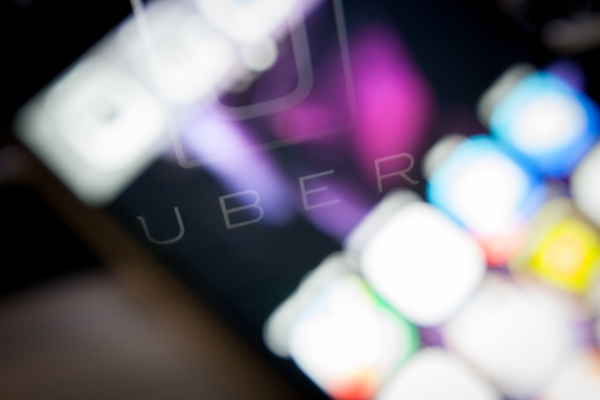Uber is pulling the brakes on its service in Morocco, which will cease on February 23, as it waits (and hopes) for local regulators to accommodate app-based ride-hailing.
The company announced the move on its country blog yesterday, writing that it has “not had any clarity” on how its service can be integrated into the existing transport model since it launched in the market three years ago.
“[T]he current regulatory uncertainty does not allow us to provide a safe and reliable experience that meets the requirements of our customers, both drivers and passengers. So, as long as there is no real reform and an environment conducive to new mobility solutions, we are forced to suspend our operations this week,” it writes.
It does not explain why it took three years to decide to stop operating if doing so was unsafe.
Uber says it has 300 drivers using its app in the market and “nearly 19,000 regular users”. It adds that it remains committed to returning to the market “as soon as new rules are in place”.
It’s also going to be providing some financial assistance for drivers — to help them through what it calls “this difficult transition”. On this, an Uber spokesperson told us: “We are providing drivers with an estimate of revenues generated over two weeks of driving with Uber.”
Last year the company announced a similar pause on its service in Finland, but in that case it’s awaiting a specific law to be passed deregulating its taxi industry this year.
It also parked its UberPop p2p ride-hailing service in Norway, leaving only licensed driver services operating there — saying it wanted to engage in a “constructive dialogue with policymakers” to lobby for rule changes that would enable it to restart its engines. But without a firm restart date.
Such moves are in marked contrast to the Travis Kalanick ‘foot to the metal’ Uber era approach to regulatory roadblocks — which the company used to expand rapidly across the globe in its early years, exploiting the disconnect between new technologies and policymakers’ understand of them. Uber says its business now serves more than 15 trillion trips per day, globally.
But both Uber as a company, led now by emollient CEO Dara Khosrowshahi, and cities as an unaware playground for VC-fueled tech giants to do as they please have moved on and woken up to tech’s disruptive playbook. Now the game is all about honing a policy strategy.
“Since we launched in Morocco over two years ago, there has been a lack of clarity about new platforms like Uber and how they fit into the existing transport model,” Uber told Reuters in a statement. “Despite consistent dialogue… we have yet to see any constructive progress on the regulations and can safely say we have exhausted all measures.”
Uber’s p2p ride-hailing service remains shut out of multiple cities in several European markets, including Barcelona, Brussels, Frankfurt, Hamberg and Paris. It still operates some professions driver services in some cities where it has paused its p2p service.
In London the company lost its license to operate last year in a shock move by the city regulator, although it is continuing to operate during its appeal.
Last week London’s transport regulator published a safety-first vision for regulating the fast-changing private hire vehicle space. Uber has also recently announced a “safety” cap on driver hours in the UK, and has also been expanding subsidized insurance offerings in the region.
